"Information literacy equips students with the critical skills necessary to become independent lifelong learners. PBS LearningMedia provides resources that address information literacy skills underlying the basic tenets of Common Core State Standards."
Research and publish the best content.
Get Started for FREE
Sign up with Facebook Sign up with X
I don't have a Facebook or a X account
Already have an account: Login
Tech tools that assist all students to be independent learners & teachers to become better teachers
Curated by
Beth Dichter
 Your new post is loading... Your new post is loading...
 Your new post is loading... Your new post is loading...
|

davidconover's curator insight,
August 30, 2013 8:04 AM
I look forward to sharing this game with my students. I wonder what their comments will be. 
Amélie Silvert's curator insight,
August 30, 2013 11:10 AM
Defining moral dilemnas, finding solutions and discussing. Collaborative work. Why not give it a try?

Lucy Wareham's comment,
April 9, 2013 12:13 AM
I have found that some students are also drawn to inappropriate adverts and links when researching. This search engine would avoid this distraction. Thanks

Kia Sowden's comment,
May 11, 2013 12:48 AM
Hi Malena, Thanks for sharing this resource. I think it would be useful to remove the distraction that students so easily spend their time viewing. I think it would also comply with legislation when it comes to students use of the internet and appropriate sites.

Jenni Atkinson's comment,
May 15, 2013 11:44 PM
Great find.It is so easy to get distracted or off track when searching on the net and I agree with James re: deeper searches.

Angie Hammons's curator insight,
October 19, 2014 11:33 PM
This is a slide set from a presentation on transliteracy. This slide set provides a good foundation for understanding what transliteracy is. It is important to understand that you can't take digital literacy or information literacy and focus on them individually. Each of the different literacies are connected and should be recognized as such. |



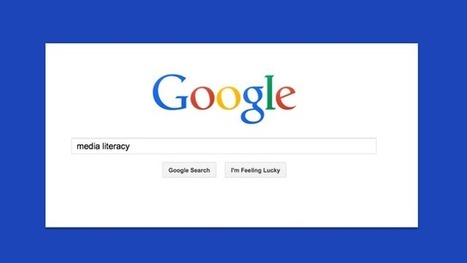

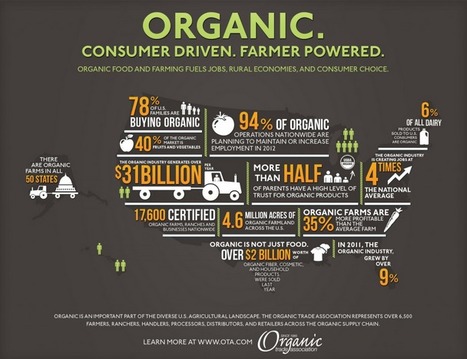
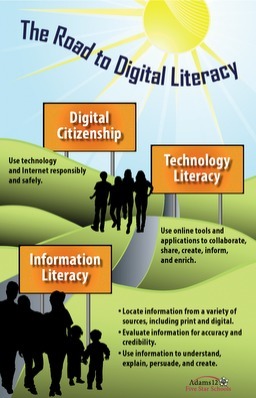
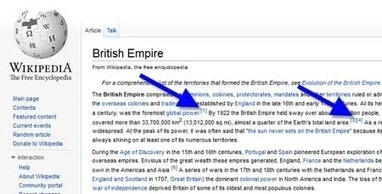

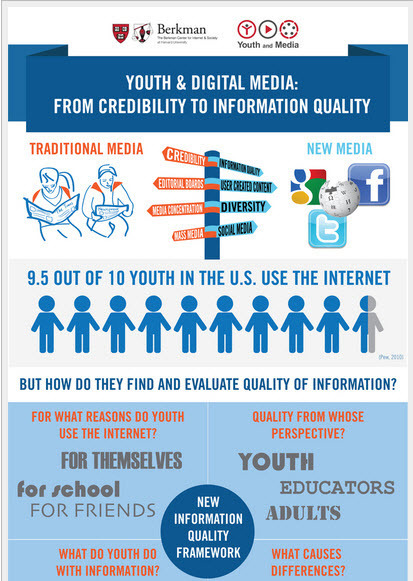


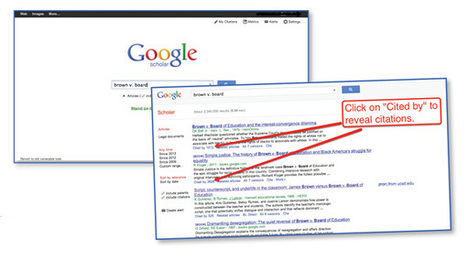
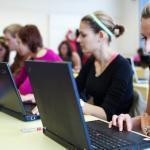
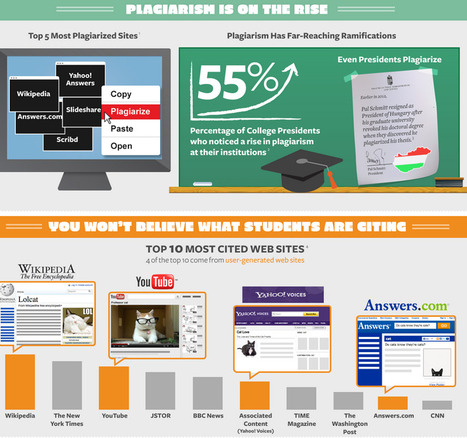
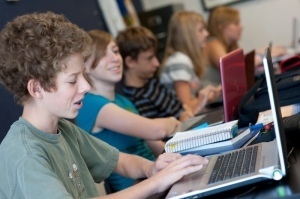





PBS LearningMedia is continuing to add resources and lessons to their website. This post shares five resources that help teach information literacy, with a focus on gathering, evaluating and analyzing. The five resources are listed below with brief explanations. For more information click through to the post.
Gathering Information
* Exploring Social Media with #Hashtags - for students Grade 6 - 13+
Evaluating Information
* ARTHUR'S Guide to Media Literacy - for students PreK - 4
* Evaluating the Validity of Information - Did the Chinese Discover America in 1421? Grades 6 - 8
Analyzing Information
* Analyzing Information - Can Pigs be Pets - Grades 3 - 5
* Media Arts: How to be a Critical Viewer - Grades 6 - 13+
You will need to create a free account if you do not already have one to access all their materials.